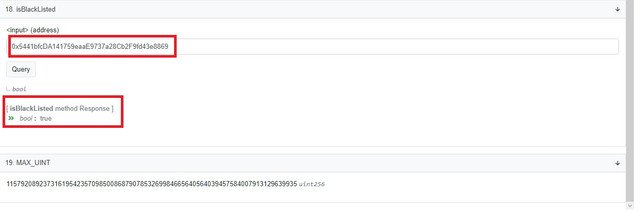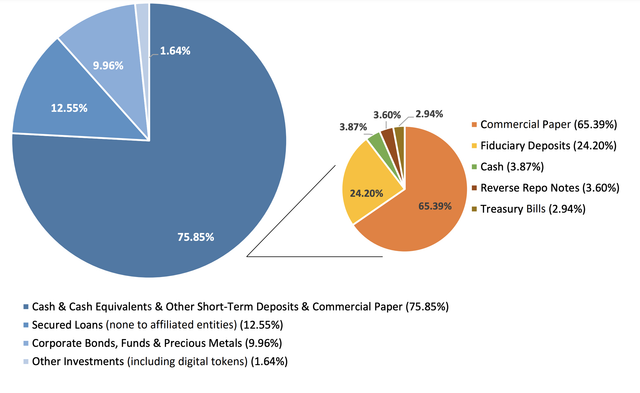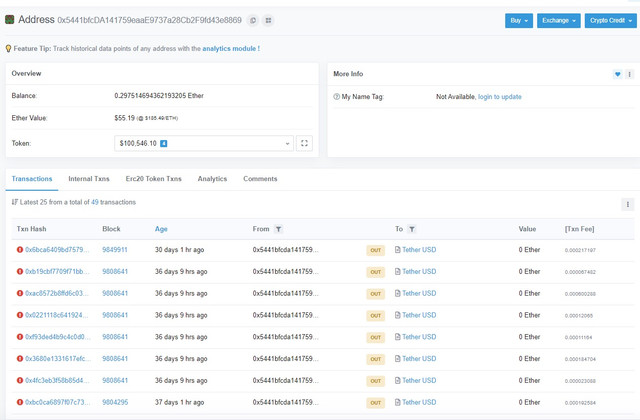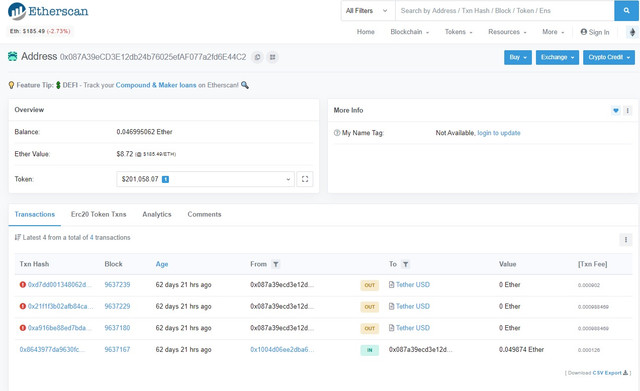In the last months a new candidate has emerged, called BAMK. It uses the Runes protocol for the stablecoin. The Runes token is NUSD•NUSD•NUSD•NUSD. (yes, that's the correct name, because Runes currently only supports long names to avoid squatting).
I'm not very much a friend of the Runes system, but a stablecoin would not be a harmful application of the technology. Basically it's very similar to Omni, Counterparty and other previous token protocols on Bitcoin.
The BAMK stablecoin, the NUSD, is backed by USDe (Ethena). But there are unfortunately some characteristics of this project that look like red flags. For example, in the FAQs you can see this:
Technically - nothing. But our own incentives prevents this.
The team has been "doxxed" on "Telegram" according to the website, but there is not really a localizable company behind the project which can be made accountable.
The USDe collateral is held on Ethereum as shown here. There seems to be no technical connection between the reserves and the NUSD on the Bitcoin chain (which would also be quite difficult or impossible to achieve).
Holders of NUSD also earn BAMK rewards for some reason.
So far it unfortunately looks very shady or at least dilettantly built. Makes me actually remember the NuBits project from 2014 a bit ...
[1] I refer here that Tether can't prevent Omni tokens to be transferred, as they are simple Bitcoin transactions with an OP_RETURN data string. Of course what they can do is to refuse to accept USDT from being redeemed if they come from a blacklisted address. This would mean basically that a blacklisted USDT could be worth nothing. However I think it would be impractical to enforce that, because that means every person accepting USDT-Omni must be aware of the blacklist all the time to avoid being scammed with invalid tokens ...


















